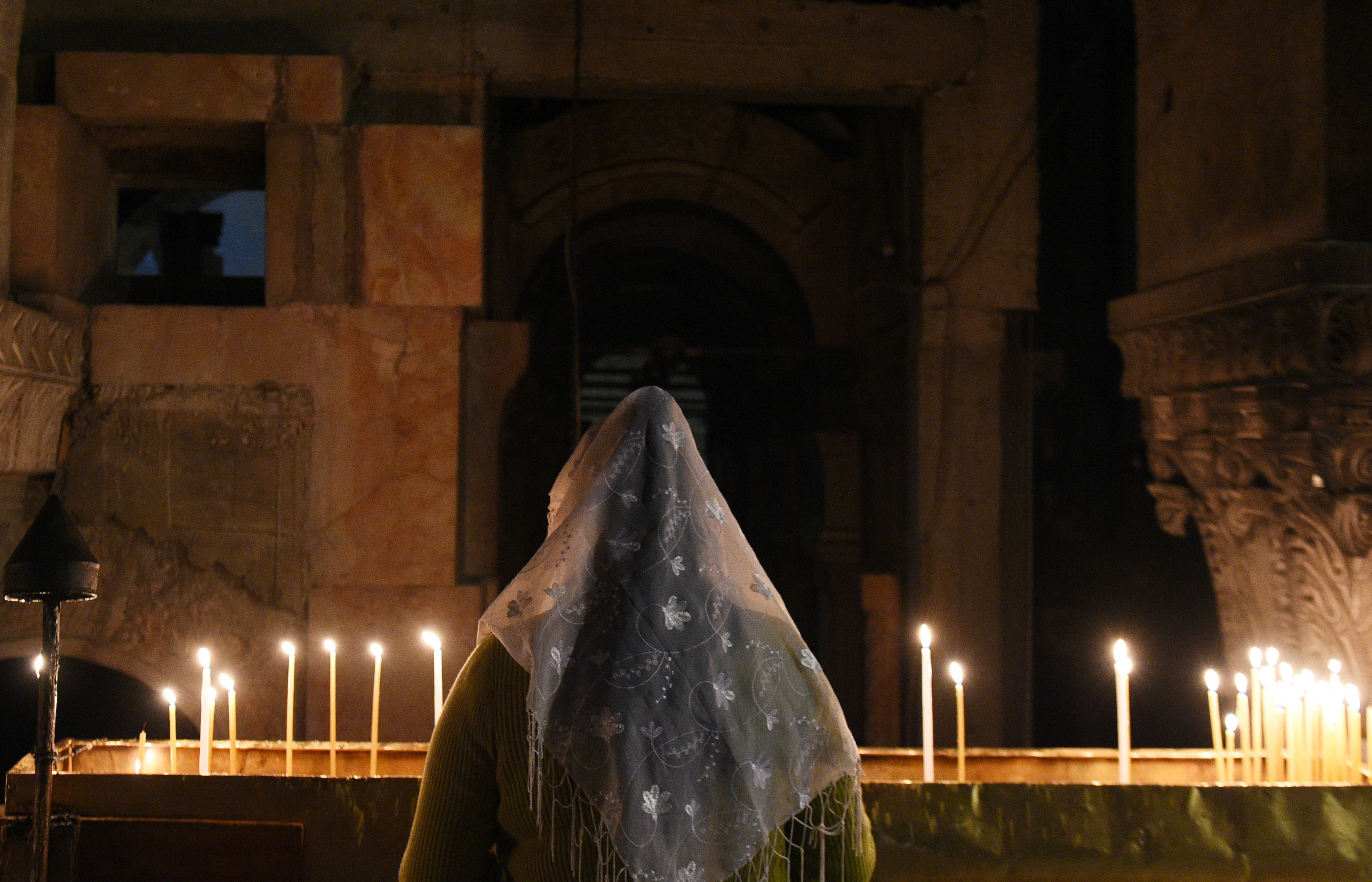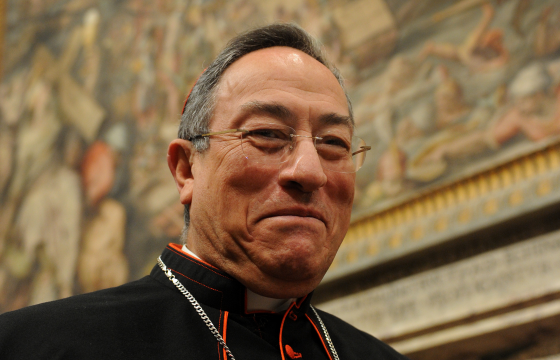There are few who have this Pope’s ear in the same way as Honduran Cardinal Rodriguez Maradiaga. The 74-year-old saxophone-playing prelate is a telegenic polyglot who has been co-ordinating the important "C9" council of nine cardinals advising Francis on his reforms.
He’s just provided an insight into that work in a book by Italian journalist Francesco Antonioli compiling reflections on the Pope titled Francis and Us (Francesco e Noi). Among the contributors is Polish sociologist Zygmunt Bauman who died in January.
In his essay, Cardinal Rodriguez reveals how Francis was a reformer right from the moment of his election when, during the conclave, he scrapped the tradition of cardinals “paying homage” to the new Pope by greeting them himself.
Then, just four days after his election, Francis approached Rodriguez with a proposal about the new cardinal advisory body he wanted to set up.
“Can you coordinate it?” the Pope asked him. The cardinal, who has been a close friend of Jorge Bergoglio’s since 2007 when they worked on the Latin American church’s Aparecida document, replied: "If you ask me, I have to."
Since then, the 74-year-old Salesian explained that Francis has changed the exercise of the papacy through an “encyclical of gestures” such as washing the feet of Muslim women and migrants while insisting on living in the Casa Santa Marta. After looking around the palatial papal apartments Francis told Rodríguez they were like “a prison”.
While these gestures are important the Pope was elected with a clear wish from his fellow cardinals which the Honduran papal adviser sums up as follows: “the Vatican curia needs to be reformed”. Today he says Francis is pressing ahead with the mandate “great sincerity and, at the same time, firmness”.
But he admits there is still much work to be done. Areas of the Vatican’s finances still need to be tackled while a revamp of the Holy See’s media operation is underway: the two are linked with Rodríguez explaining that Vatican Radio had a deficit of €26 million.
While reforms are taking shape at the Institute for the Works of Religion (IOR) - better known as the Vatican Bank - the C9 are now looking at another financial power house Administration of the Patrimony of the Holy See (APSA) which has investments and properties in Rome, Paris and London. This body, the cardinal explained, acts as a sort of central bank for the Vatican, and it is APSA that pays the wages of Holy See employees.
The cardinal stresses that the top priority for the Pope has been sorting out the finances, work that is being followed by writing a new constitution for the Roman Curia. This, Rodriguez says, will take into greater account the role of bishops conferences and the reforms of the Second Vatican Council in ensuring more say goes to local churches.
In the book Rodriguez also gives an insight into the informal - more Latin American - style of papal meetings. He explains that the C9 now gathers in Santa Marta on his suggestion. The first meeting, he explained, took place at the Vatican’s Apostolic palace requiring them to wear “official cassock and lace” and leave half an hour to arrive and another half an hour to leave. As a result Cardinal Rodriguez told the Pope they should use a meeting room in the Pope’s residence, and Francis agreed.
The discussions here taken place in a fraternal spirit and “a love for the Church”, according to Rodríguez, while the Pope happily stops to have a coffee break with his fellow cardinals. While Francis’ Vatican reforms are taking time to be implemented - however they do shake out, expect Cardinal Rodríguez to be playing a central role.




 Loading ...
Loading ...